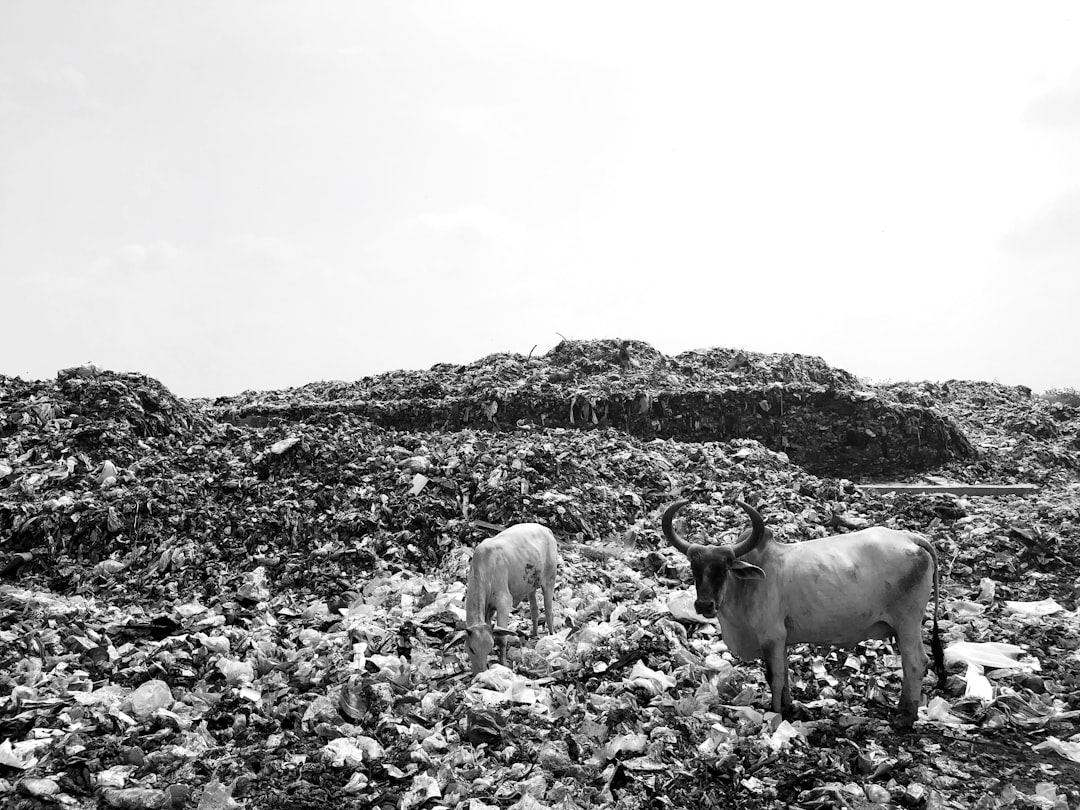What is it about?
We assessed political, religious, social and scientific beliefs of people living in Spain before the pandemic, during lock down, and after it. We found a stronger polarization of beliefs after the pandemic, meaning that people tend to abandon moderate positions and to strengthen in-group worldviews.
Featured Image

Photo by engin akyurt on Unsplash
Why is it important?
In February 2019, when the pandemic was inimaginable, we assessed beliefs of a sample of people living in Spain as part of a project on belief networks. Suddenly, we found ourselves locked down, and decided to re-launch our survey in two additional time points. Our results show an initial trust on government authorities, which strongly declined after lockdown, and a reinforcement of religious and individualistic beliefs. Remarkably, these changes were strongly mediated by political preference, showing a polarization of society.
Perspectives
Polarization is one of the main dangers of today's society, leading to a fracture in social cohesion. At least in Spain, political parties seem to promote it for their own benefit, and this has been reinforced after the COVID-19 pandemic. However, this confrontation will be eventually detrimental (and possibly tragic) for everyone. Thus, authorities should concentrate on promoting beliefs that are common among people with different belief systems, in order to restore social cohesion
Javier Bernacer
Universidad de Navarra
Read the Original
This page is a summary of: Polarization of beliefs as a consequence of the COVID-19 pandemic: The case of Spain, PLoS ONE, July 2021, PLOS,
DOI: 10.1371/journal.pone.0254511.
You can read the full text:
Contributors
The following have contributed to this page










